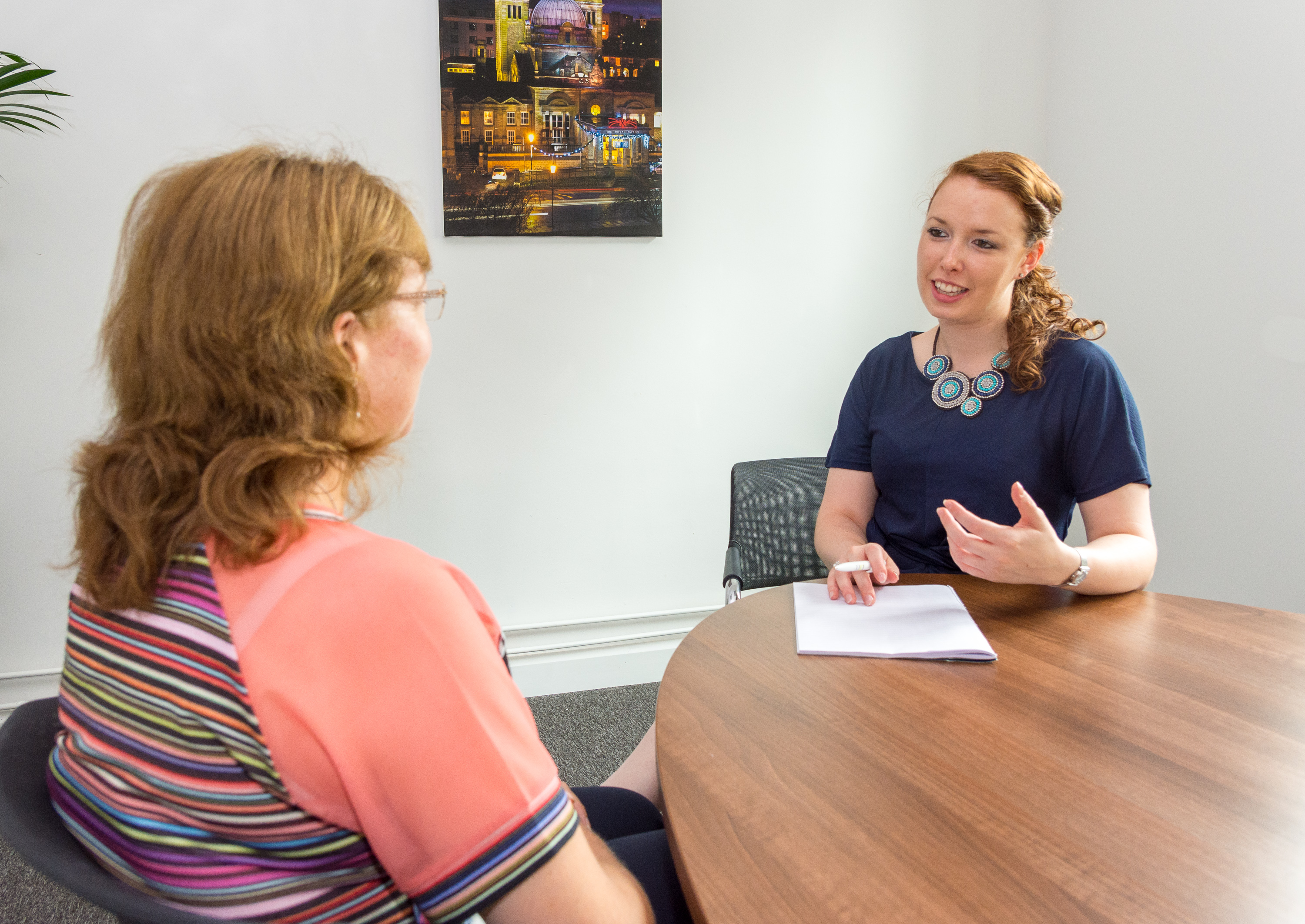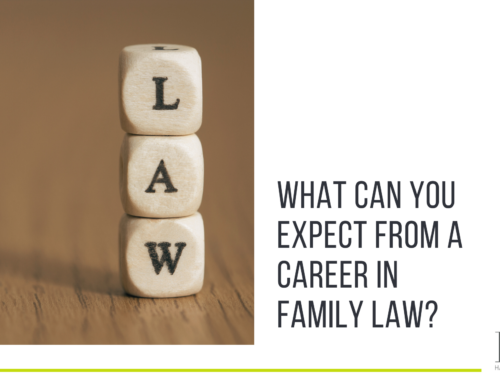Take early advice from a specialist
The sooner you can see a specialist family lawyer, the better. Each decision you make could have an impact on your future. Before the divorce process can get underway, their priority will be to protect you financially. They will make sure you have enough money to pay your bills.
They will help avoid setting any precedents that could reduce the amount of money you ultimately receive.
If you fear your spouse is hiding money or might take steps to dispose of assets, they will investigate this and ensure you do not receive less than you are entitled to.
You should also think carefully before leaving the family home. Leaving could make it could make it more difficult to say that it should be sold or transferred to you in the longer term. If your spouse is left comfortable in the family home with everything being paid, will leaving cause them to drag their feet with sorting out the finances? Is there an agreement about who is going to pay for what?
Consider your timescales
Many people don’t understand how long it takes to get a divorce. There are currently big backlogs with the courts as a result of the coronavirus. Usually it takes about a year to sort out the finances and finalise the divorce but it could be even longer at the moment. If you want to get a legally binding agreement about the finances so your spouse cannot bring any financial claims against you in the future, your divorce must get to the middle stage before this can be done. If divorce is right for you then don’t delay taking advice about starting proceedings.
Minimise blame
No fault divorce, where one person does not have to blame the other for the breakdown of the marriage, is scheduled to start in Autumn 2021.
Currently for a divorce to be granted you need to be able to demonstrate that your marriage has irretrievably broken down by giving one of five reasons. If you haven’t been separated for more than 2 years, the options are adultery (which can be difficult to prove if your spouse won’t admit it) and “unreasonable behaviour”. The behaviour does not have to be extreme and its always best to try to agree the examples with your spouse to prevent them slowing down the process. Couples have the best chance of remaining amicable if they don’t lay too much blame on the other party. An expert solicitor can persuade even the most reluctant spouses to cooperate with progressing a divorce. Usually it helps to explain that the reason for the divorce does not affect who gets what financially
Be alert to the pitfalls
A Family Law specialist’s legal knowledge and experience means they will recognise the unique features in your case, spot potential problems and complications and take early action to iron out difficulties.
There are various different ways to value assets such as businesses and pensions. It’s common for spouses to try to minimise the value of their assets. A specialist will ensure that the financial settlement is based on correct information and fair valuations. They will also alert you to other pitfalls and factors that might have financial implications such as tax and will use their skill and experience to negotiate a fair financial settlement.
Find a solicitor you feel comfortable with
Your solicitor will be supporting you through one of the most challenging times of your life and it’s important you find someone you have confidence in. Our aim is to put you at ease from the moment you walk into our offices. We understand that you may be facing situations you never wanted or expected to face and it is our job to help you make the right decisions for you and your family. We will be on your side and are here to reduce the burden and worry of the coming months.
To speak to one of our friendly solicitors for a free confidential chat give us a call today on 01423 594680.

Carol Jessop is an experienced family lawyer specialising in finding practical solutions to resolve complex financial arrangements, protecting assets and obtaining emergency orders to provide personal protection or prevent the removal of children.
Carol has over 30 years’ experience in family law and is recognised by her clients and peers as highly knowledgeable and compassionate.
Everyone’s circumstances are different and this article is provided by way of general information only and must not be relied upon. If you require legal advice on a family law issue, please feel free to contact us by emailing enquiries@harrogatefamilylaw.co.uk.






